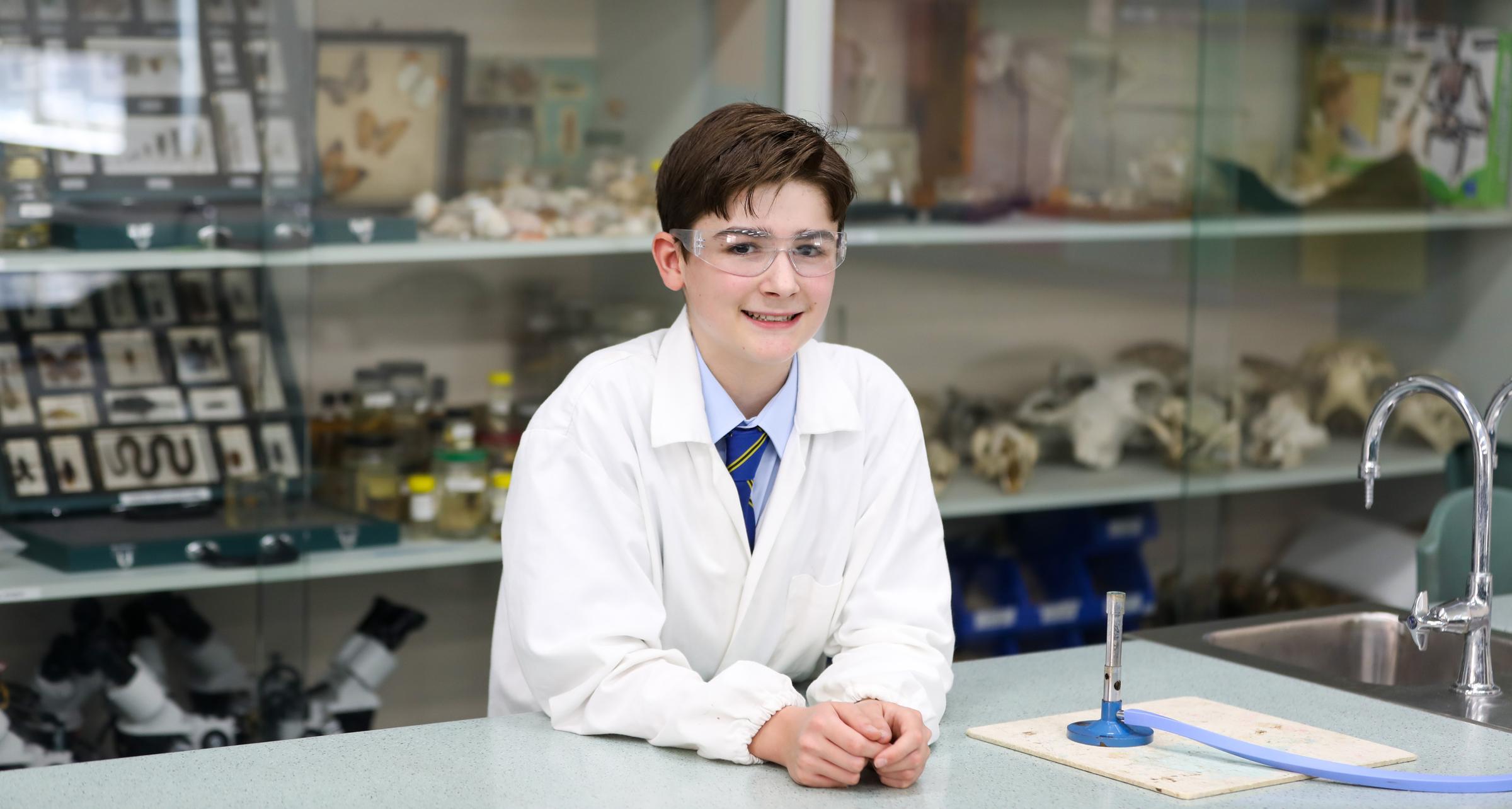Curriculum

Scholastic Malpractice
In last week’s issue of the Especean, I wrote about the College’s Assessment Policy and information regarding assessment in Years 7 to 12 for 2021, now available on Canvas under the respective Year pages.
One area of concern with assessment in all educational institutions is that of malpractice, that is, any activity undertaken by students that allows them to gain an unfair advantage over others. One form of malpractice is plagiarism, which is the act of passing off the words and work of others as one’s own, including one’s own previous work.
Plagiarism invariably leads to a zero mark being awarded for the submitted work. In universities, for example, the consequences for plagiarism are more severe for the student resulting in exclusion from the course and even exclusion from attending other educational institutions.
The problem for some school students is not one of a deliberate intent to “cheat” but one of ignorance; of not being appropriately informed and skilled in the techniques in acknowledging and building upon the work of others within the framework of their own efforts; of not recognising and differentiating between reporting research undertaken and plagiarism.
In particular, Years 11 and 12 represent a giant leap in the expectations, standards and requirements associated with assessment tasks in the Higher School Certificate course. In fact, schools are now required to report instances of malpractice in HSC assessment to the NSW Education Standards Authority (NESA) which may have implications for university entry.
The College goes to great lengths to inform the boys of its scholastic expectations through extensive dissemination of assessment documentation; access to resources in the McGlade Library; online resources on Canvas; online submission of senior assignments via Turnitin; pages 169-170 of the College Diary; and in-class implementation during Year 10 of the All My Own Work program, publicly available on the NESA website at:
https://educationstandards.nsw.edu.au/wps/portal/nesa/11-12/hsc/hsc-all-my-own-work.
Ignorance, innocent or otherwise, is never taken as a legitimate excuse. It is the student’s responsibility to ensure that the words and work of others have been appropriately acknowledged in their own work.
As always, the boys are advised to consult with their teachers if they are unsure of whether elements of their work will constitute plagiarism or any other form of malpractice as outlined in the College’s Assessment Policy.
Michael Cutrupi
Director of Curriculum
